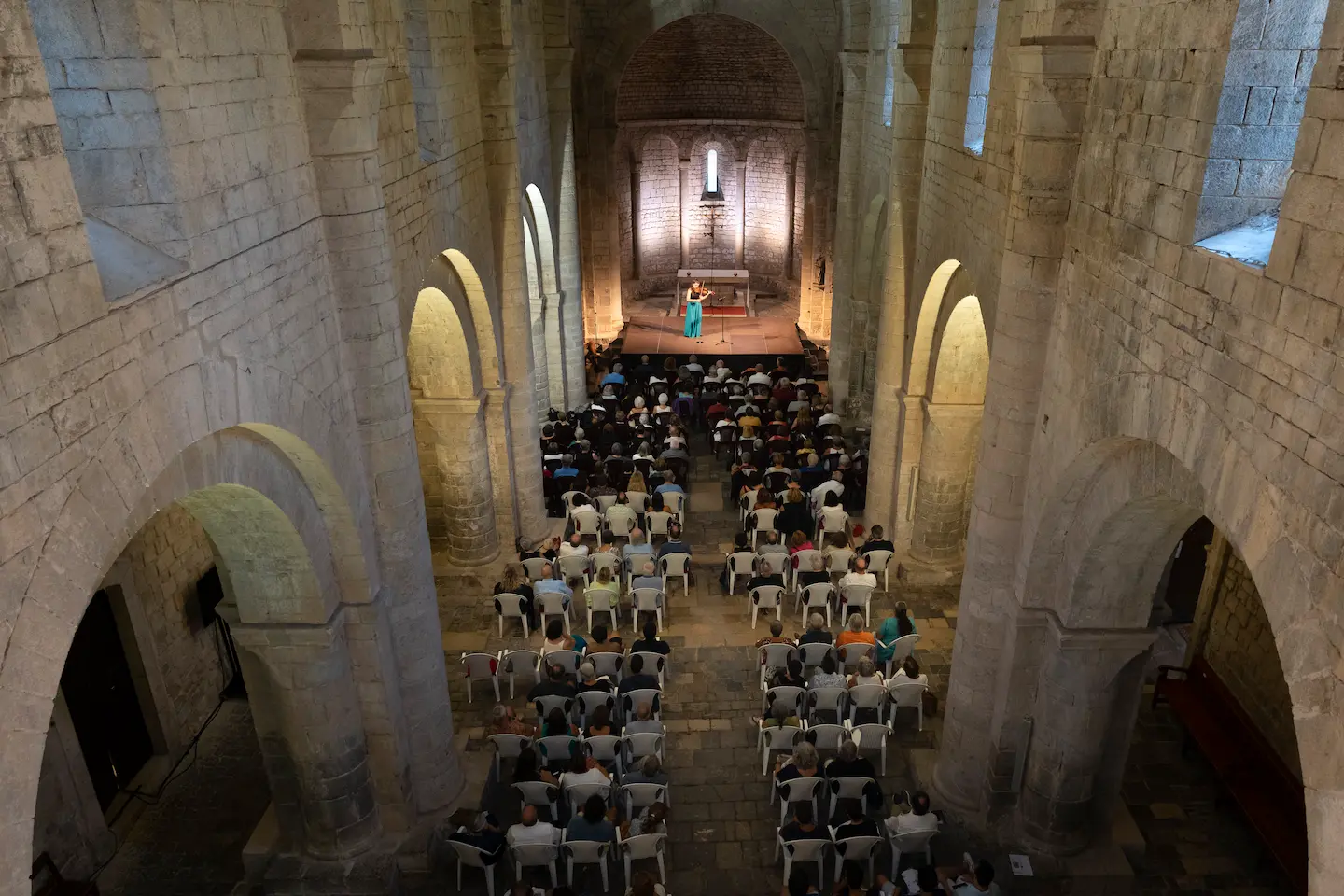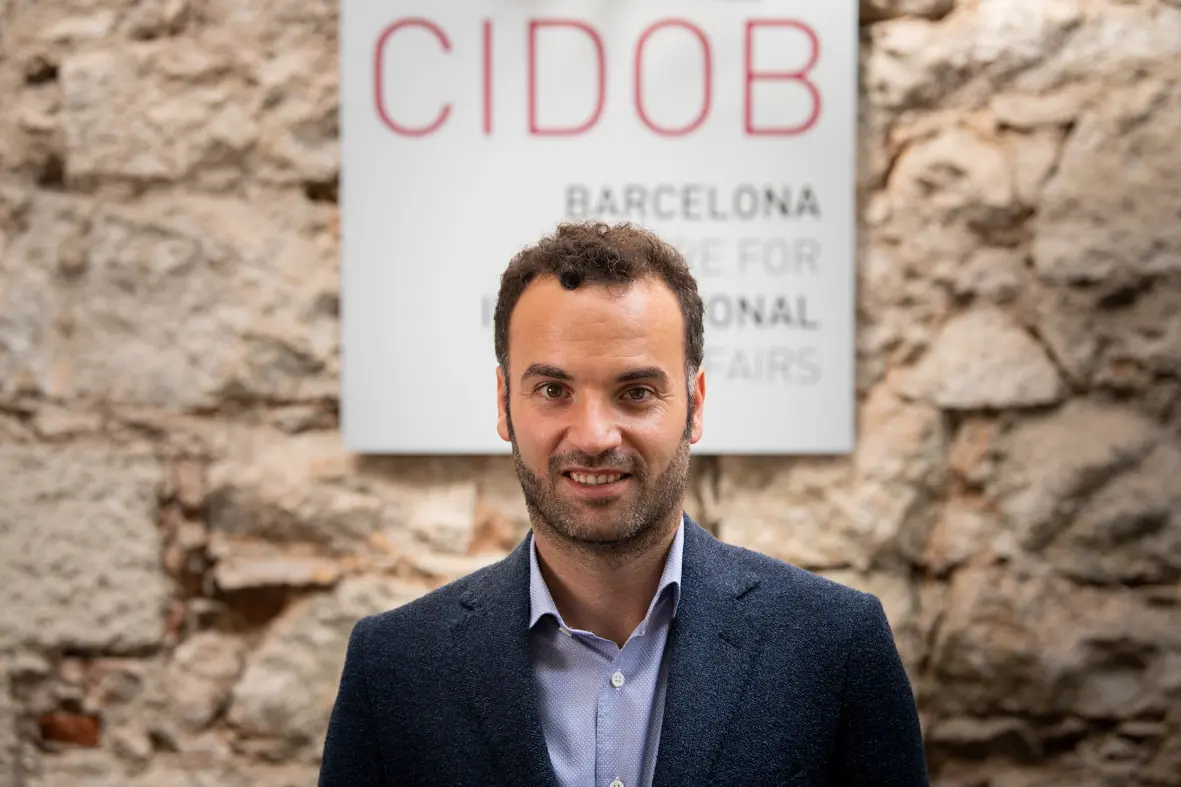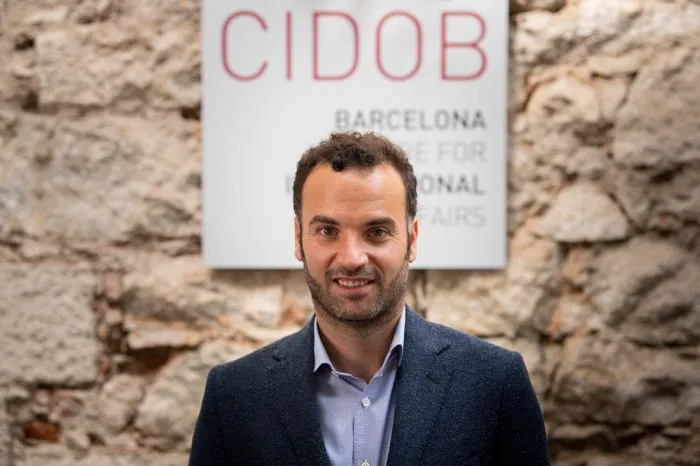Together with CIDOB, we are launching the Global Talent Programme with the aim of promoting quality research by young researchers through two applied research awards –the “Talent Award for Global Challenges” and the “Talent Award for Europe in the 21st Century”, as well as a research stay, the “Junior Visiting Fellowship”. Registrations are open until 28 February 2021. We spoke to Pol Morillas, Director of CIDOB, to find out more about the importance of these types of programmes, which showcase the talent of young researchers.
If you like, we will start at the beginning… Pol Morillas, CIDOB Director. What is CIDOB exactly and what is its mission? It is a research centre for international relations that aims to analyse the global issues that affect political, social and governance dynamics on an international and local level. What we basically analyse are four thematic areas: geopolitical and international security dynamics, international migrations, the role of cities as global actors and sustainable development.
CIDOB has been promoting the talent of young researchers for more than 40 years. What does this Global Talent Programme, which aims to continue to showcase and recognise the talent of these young researchers, means to you? At CIDOB, we believe that research work is a long-term project that starts with primary school and continues beyond university. Therefore, the long reach of research work must always be sustained on ongoing training and also to a large extent on training for young people. And therefore, it is very important for us to establish this collaboration agreement with the Banco Sabadell Foundation precisely to promote research among young people on two main lines: on the one hand, the promotion of excellence in research through the two awards we give and, on the other hand, training through a research stay at CIDOB.
The research work that we promote from the Global Talent Programme must be anchored in reality and the worries of citizens about those factors on the international agenda that most concern them and impact their daily lives.
You are also launching this programme during this pandemic we had to experience, is it a good time to give young people a chance and offer them more opportunities through these types of programmes that recognise their work but also give them the opportunity to continue with their research? What we need to do is set up programmes that allow young people to carry out research work as part of their professional lives. We know that access to the think tank sector or young people joining research centres is very challenging. They are small centres; there are few centres dedicated to research in the social sciences in general and in international relations, and therefore, any programme that opens these doors and gives access to young people to the professional world is something that we must invigorate and be grateful, in this case to the Banco Sabadell Foundation for having it as one of its objectives. It is not only a question of young people being able to do their stays within the framework of the internship programmes of the universities they attend, but also, once they have finished their studies, they can have their first paid experience of the job market in centres such as CIDOB, where they can begin their professional career or consolidate their research work.
What role does, or should, research play in fields such as those covered by the Global Talent Programme at times like these? Fields such as the technological revolution, the impact on international relations and governance, the challenges of sustainable development, climate change… We start from the premise that the general public is much more interested than before in what is happening in the world and, therefore, wants to acquire knowledge, but that world is conditioned to a great extent by local dynamics due to what is happening in our daily lives. The research work that we promote from the Global Talent Programme must be anchored in reality and the worries of citizens about those factors on the international agenda that most concern them and impact their daily lives. And here the technological revolution is an element of this trend, as well as sustainable development, climate change issues, gender issues, international governance issues, trade and economic issues. In short, all these international issues clearly have an impact on the daily lives of citizens. Therefore, for this programme, we have chosen those topics that can have the most impact on the general public, but also on which quality research is most needed and can be driven by young talent.
At CIDOB, from your experience and career, what skills and attitudes do you most value/highlight in young researchers? For us, innovation in the field of study is fundamental. There are no fields left that are impervious to developments in other fields, and therefore innovation must be a key element. Also the interconnection between fields. There are very few specific areas of knowledge that are not related to other areas of knowledge. Therefore, exchanges and interconnection are a very important second value. The third value that we highlight is excellence, that is, the research work must be excellent in its content, in its research methods and in the way it is carried out. Fourthly, dedication, which means putting all their efforts into ensuring that the research project can be carried out with these utmost criteria of excellence. And fifthly, curiosity. We are at a time when it is very difficult to think that the old recipes will be enough, so we have to be much braver when it comes to understanding the links that exist between subjects, the intergenerational links, and therefore all this translates into greater dedication and willingness to broaden the range of research in all aspects.
This week we open applications for the Global Talent Programme, what would you say and recommend to those young people who are considering applying? To carry out a good research project, there has to be something inside you that stirs curiosity and sparks your interest to study a particular subject. The possible topics are endless. What makes the difference is the thoroughness, excellence and interest that each of these young researchers will put into the topic they choose. In short, the first thing is to discover what motivates you internally to transfer it to society, and for society to understand that thanks to this genuine interest on the part of the researcher, society will also gain something from reading the work, from reading the results of the research project.




